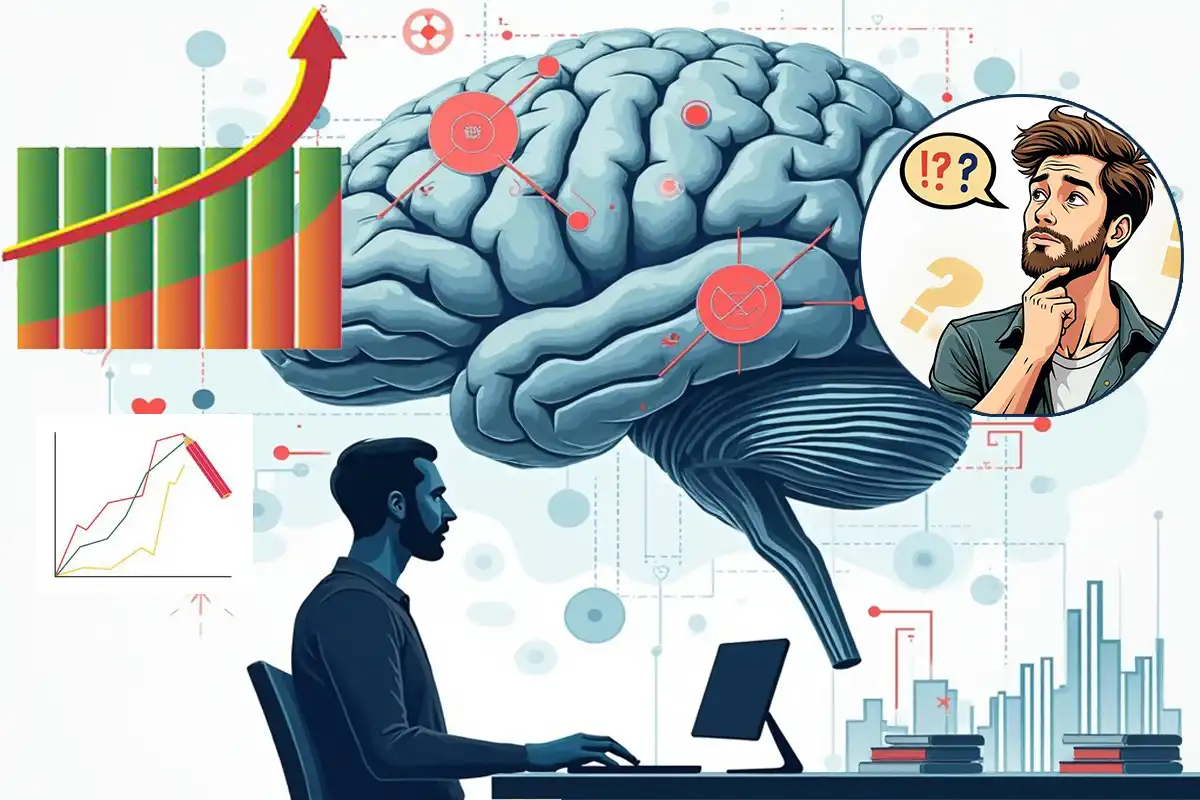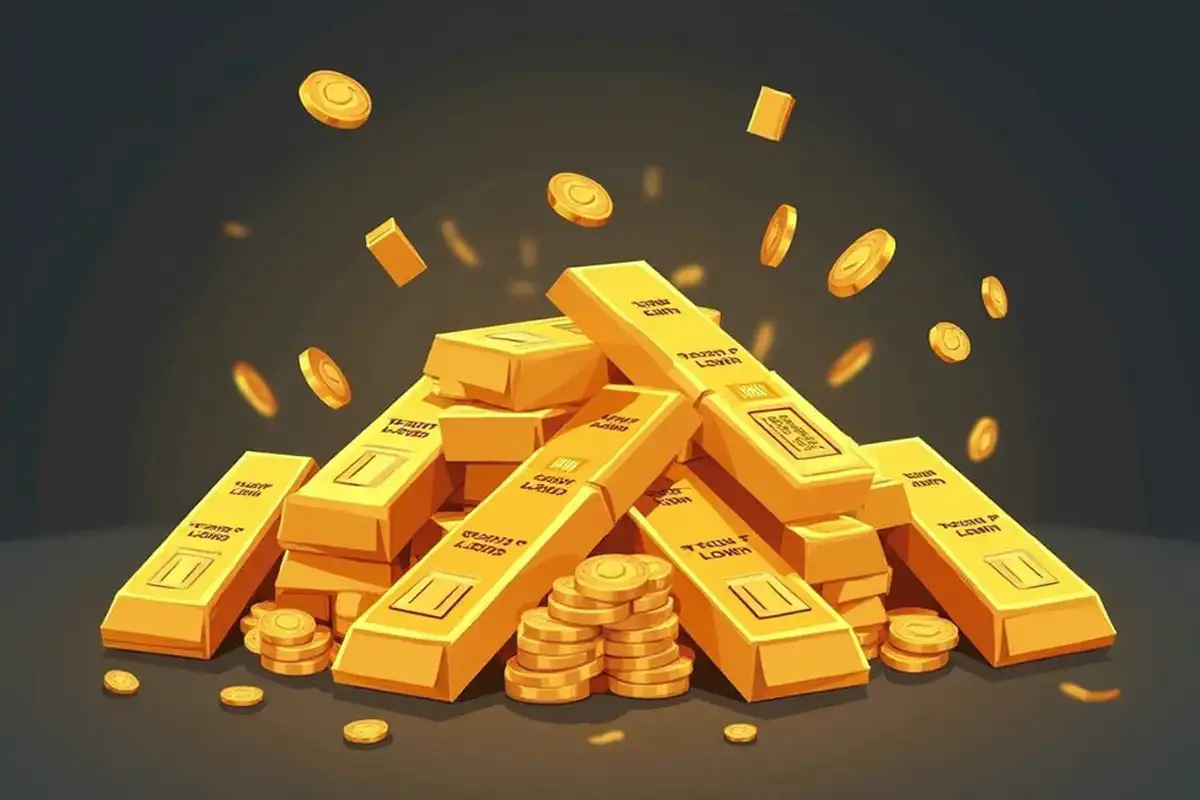Last week, the United States officially added bitcoin to the country's strategic reserve - a corresponding decree was signed by Donald Trump. With only one amendment: at the moment, the States are not going to buy bitcoin in reserve, and financing will be carried out so far only at the expense of cryptocurrencies seized in criminal and civil cases. So far, the US authorities are presenting the military-technical cooperation as a kind of settling tank at the level of state interests.
The BTC spill on the background of this news amounted to 15% (from 90.4 to 77.2 thousand dollars). This step on Trump's part is quite logical and justified, since the current US president came to revive his economy and put dollars into circulation in the real sector, rather than accumulating them in savings.
But there is one thing: the prospects for rising inflation in the United States remain quite high, and not because of the duties that Trump imposed on a number of his trading partners, but more because of the excess of the same fiat now accumulated in exchange assets and the banking sector. Therefore, a temporary outflow of dollars from stock exchanges, in the absence of growth rates in the US real sector, may result in their economy returning rates to relatively recent levels of 5%.
It's no secret that speculative instruments are largely holding back the growth of inflation in the United States.
The Fed is now approaching the decision on the discount rate with great caution. Trump, on the contrary, is rushing everyone to make it cheaper." The Fed's move to tighten its policy again will push the dollar to new heights.
If crypto assets are not recognized as legal tender, this will help reduce their price against the background of the high value of the dollar. It is possible to talk about the stability and reasonable price of the dollar in the global economic system only after the complete sterilization of the US financial system (the physical destruction of the surplus dollars existing in the system). And this is the need to go through the crisis stage.

































